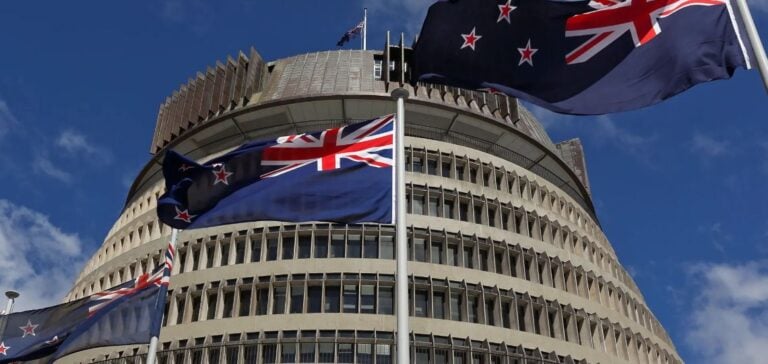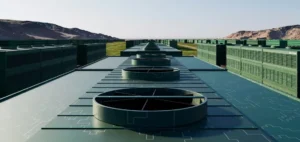New Zealand is preparing to hold its final carbon auction (NZUs, New Zealand Units) of 2024 on December 4, as part of its Emissions Trading Scheme (ETS). Market experts predict a partial clearance, with prices likely surpassing the NZ$64/tCO2e floor.
The surge in secondary market prices, which recently reached an eight-month high of NZ$64.10/tCO2e, is driven by strong demand from ETS-regulated entities. These actors anticipate a supply reduction in 2025, coupled with a rise in auction floor prices to NZ$68/tCO2e next year.
An Auction Under Pressure
Results from the three previous auctions in 2024 have varied: the June and September sessions recorded no sales, while the March auction saw partial clearance at the reserve price. The December auction will offer a total of 11.13 million tons of allowances, including volumes unsold in prior sessions.
A local carbon project developer explained that despite rising prices, full clearance of the offered volumes remains unlikely. “Actors foresee price increases in 2025, but only those with immediate needs are buying at this stage,” he said.
Gradual Decline in Volumes
The New Zealand government has planned an annual reduction in the volumes auctioned, starting with a drop to 6 million tons in 2025. These measures aim to tighten the market and strengthen incentives to reduce greenhouse gas emissions.
According to a New Zealand-based forester, immediate demand remains cautious, although the high floor price is encouraging some buyers to act before 2025. “Around half of the volumes offered may sell in this session,” he estimated.
However, unsold volumes will not roll over into future auctions but will be withdrawn from the market starting in 2025, further increasing NZU scarcity.
Implications for Market Actors
Experts expect NZU prices to stabilize near the 2025 floor price following the December auction. The New Zealand government’s strategy, combining higher floor prices with reduced volumes, appears designed to progressively tighten the carbon market.
For companies operating in high-emission sectors, these developments highlight the urgency of investing in low-carbon solutions or securing the necessary quotas before expected price hikes.






















